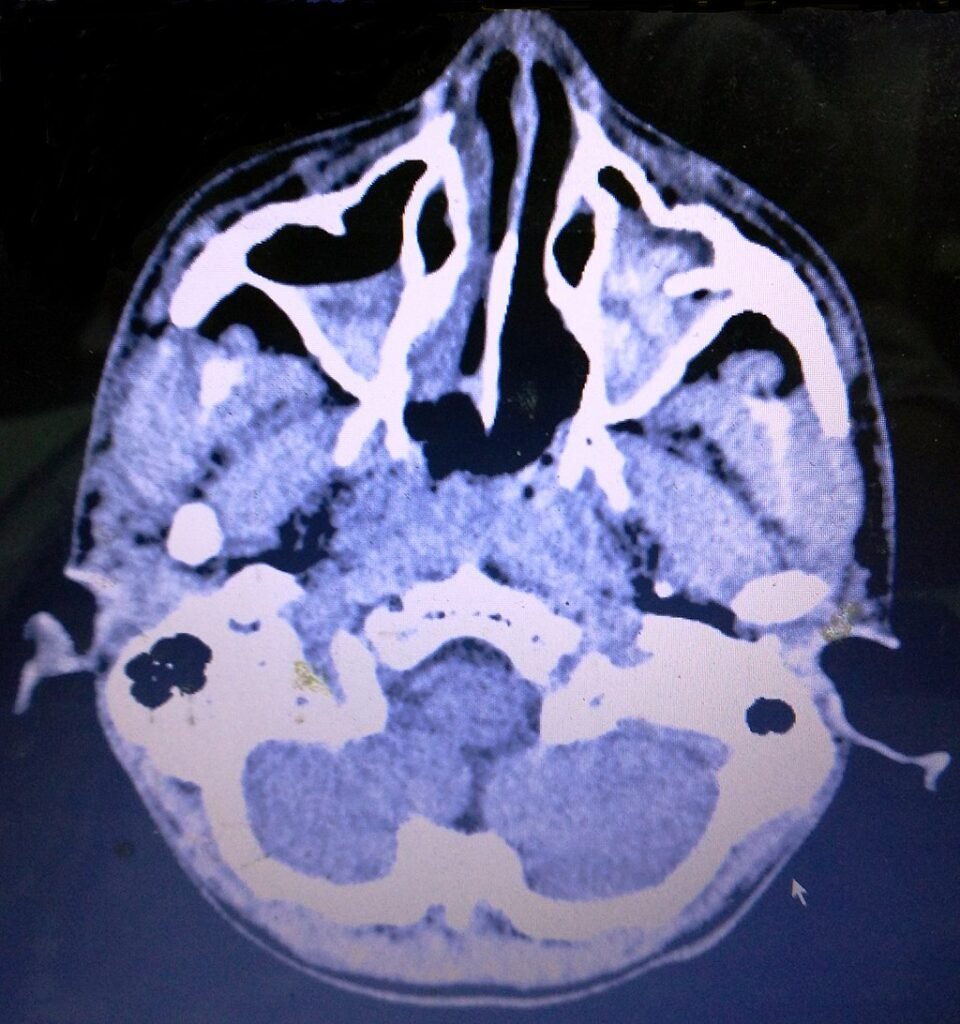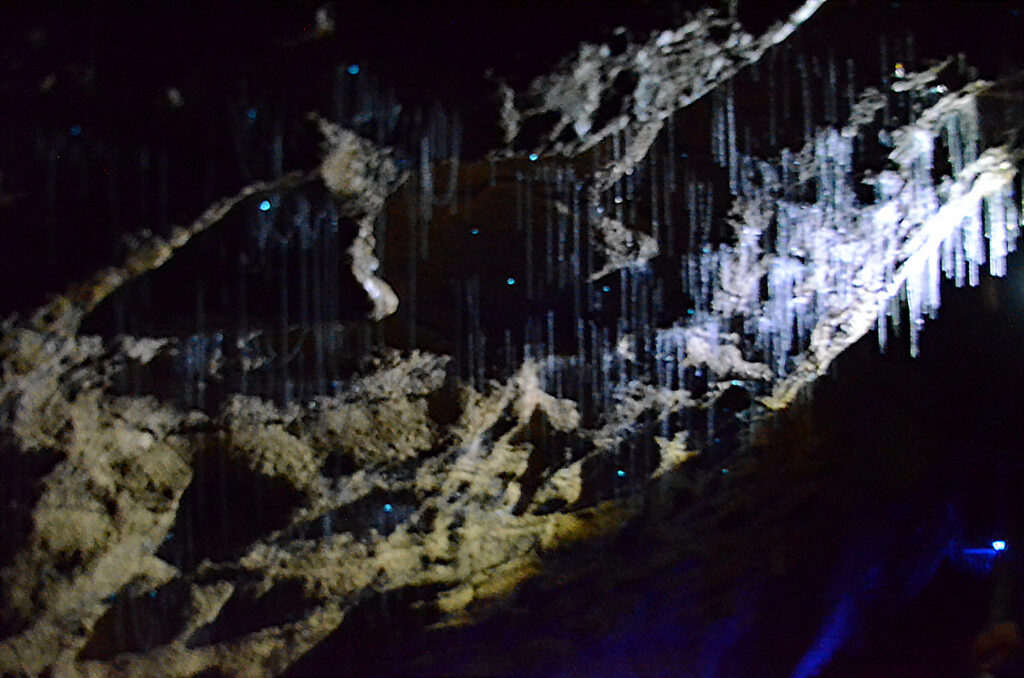Beneath the brain’s inner sanctums, an enigmatic cerebrospinal fluid (CSF) bathes neurons with mystery, delivering nutrients and clearing away waste products while quietly affecting mental well-being. Scientists have long believed the fluid is nothing more than an inert cushion for decades. But a new study now uncovers it as a front line where immune cells congregate, share information, and perhaps hasten mental deterioration in the aging brain. Scientists examining CSF in patients with a baffling neurological condition have found hidden immune “hotspots,” which indicate inflammation in brain fluid might quietly drive memory loss years before dementia sets in.
The Hidden World of Brain Fluid: More Than Just a Cushion
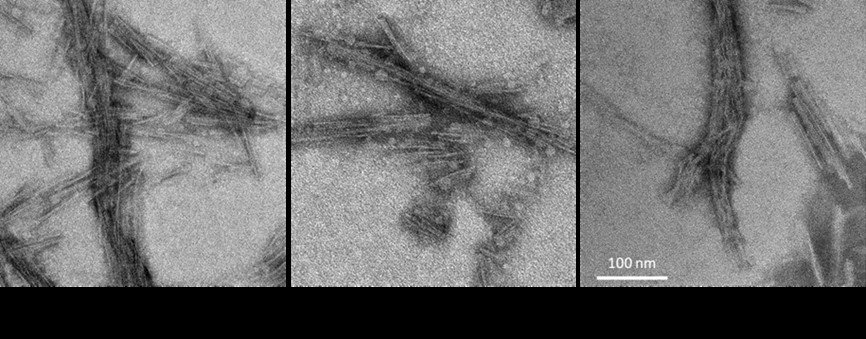
Cerebrospinal fluid has long been viewed as a simple shock absorber, but new research suggests it’s a dynamic immune hub. Scientists performed single-cell RNA sequencing on CSF and blood samples from patients with idiopathic normal pressure hydrocephalus (iNPH) a condition affecting over 6% of people above 80 where fluid buildup mimics dementia symptoms. What they found was astonishing: CSF isn’t just water. It’s teeming with immune cells, including dendritic cells, monocytes, and even glial cells that shouldn’t normally be there.
A Cellular Census of the Aging Brain’s Fluid
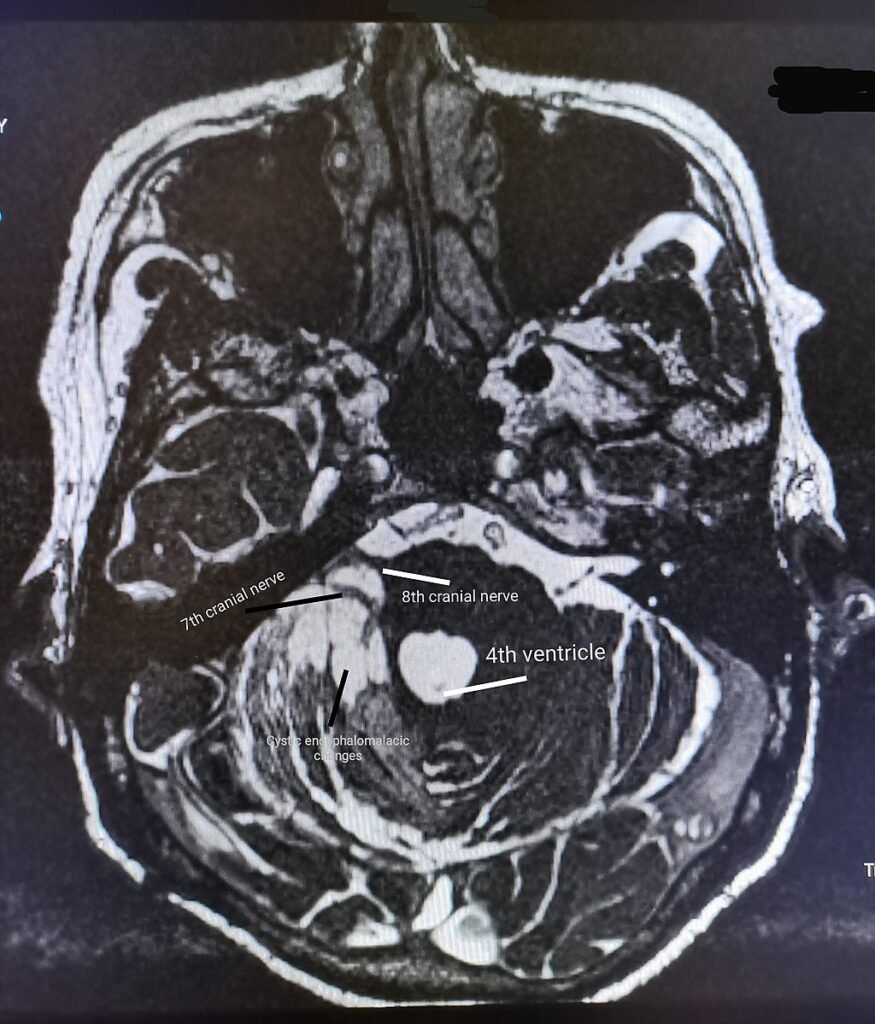
Using cutting-edge single-cell RNA sequencing, researchers cataloged 13 distinct cell types floating in brain fluid and blood, including:
- B cells (9,691 cells) – Key antibody producers
- CD14+ monocytes (35,977 cells) – Inflammatory sentinels
- Natural killer cells (23,337 cells) – The brain’s immune assassins
- Astrocytes (505 cells) – Star-shaped neural supporters
Surprisingly, glial cells and astrocytes typically confined to brain tissue were detected in CSF, hinting at leaky brain barriers or active migration. Even more striking: dendritic cells, the immune system’s “messengers,” were far more abundant in CSF than blood, suggesting the brain’s fluid may be an active immune meeting ground.
The Inflammation-Cognition Link: A Warning Sign in Brain Fluid?
When researchers split patients into two groups those with higher vs. lower cognitive scores a disturbing pattern emerged. Patients with worse cognition (MoCA scores <21) had:
- More pro-inflammatory monocytes (expressing S100A8/S100A9, proteins linked to Alzheimer’s)
- Fewer protective CD8+ T cells
- Astrocyte expansion possibly a response to neural damage
Meanwhile, higher-functioning patients had immune cells focused on synaptic pruning and repair, not inflammation. This suggests brain fluid may hold early clues to cognitive decline.
Blood vs. Brain: A Tale of Two Immune Landscapes
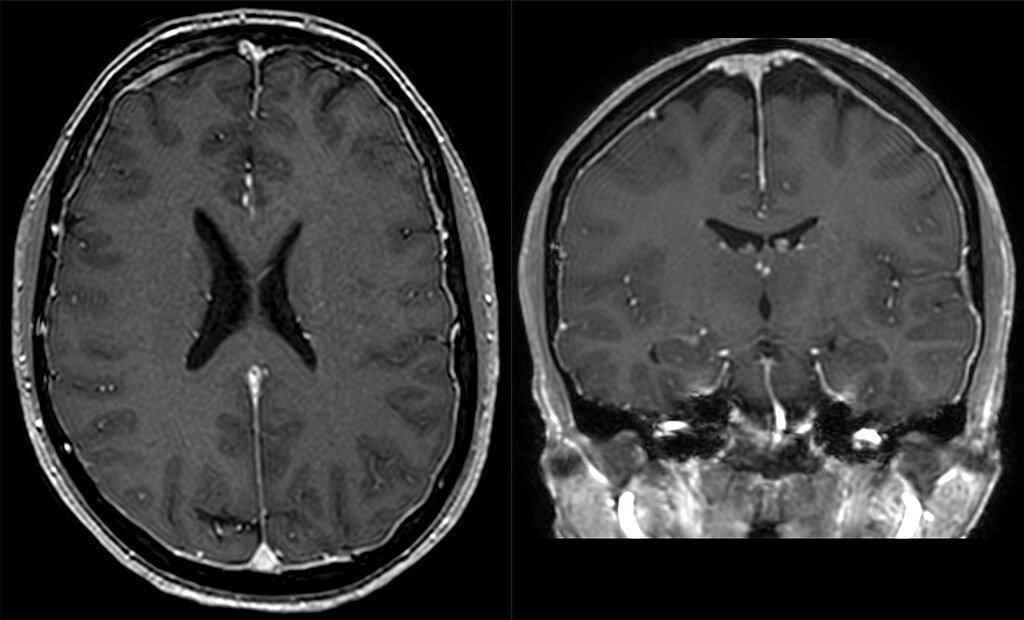
The research also uncovered fundamental differences between blood and CSF immunity:
- Blood from cognitively impaired patients contained higher numbers of plasmacytoid dendritic cells and inflammatory monocytes.
- CSF revealed characteristic immune activity, such as astrocytes and glial cells not present in blood.
This suggests peripheral inflammation could “spill over” into the brain, declining cognitive well-being.
A New Frontier: Could Brain Fluid Predict Dementia?
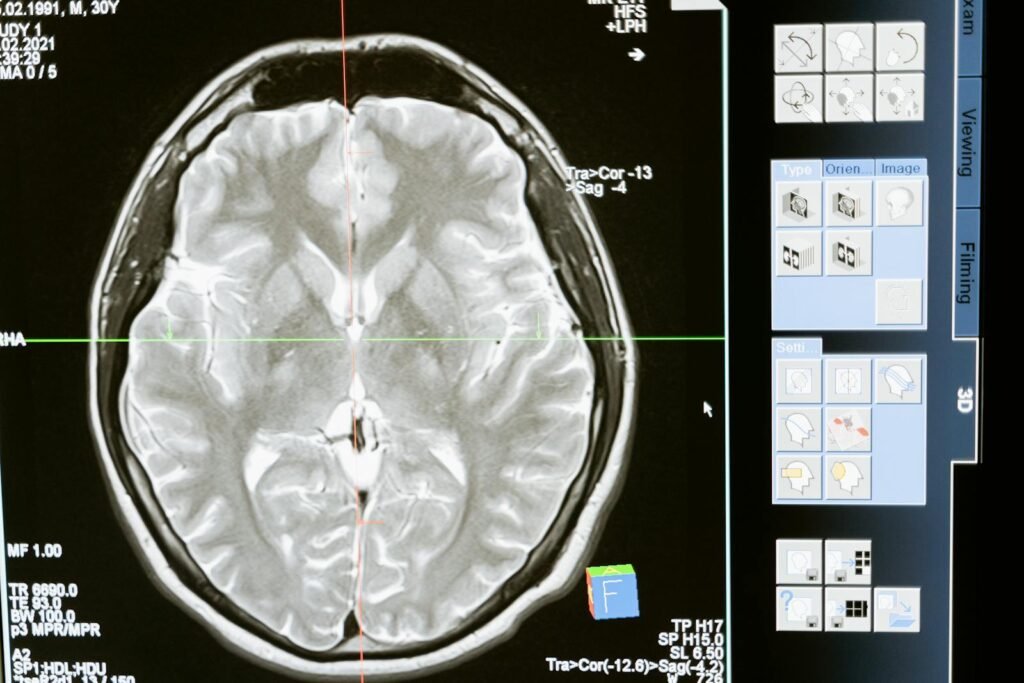
The findings challenge old assumptions lumbar CSF (from spinal taps) may not fully reflect brain health, as ventricular CSF (directly from the brain) contains unique cells. This raises urgent questions:
- Is brain fluid inflammation a cause or consequence of decline?
- Could anti-inflammatory therapies slow cognitive loss?
With only 10 patients studied, larger trials are needed but the implications are vast.
What’s Next? Turning Discoveries Into Treatments
This study opens doors for:
- Early dementia detection via CSF immune profiling
- Personalized therapies targeting brain inflammation
- Reevaluating how we sample CSF for neurological diseases
As lead researcher: “We’re just beginning to see the brain’s fluid as a living ecosystem, one that may hold the keys to preserving memory.”
Final Thought
The brain’s hidden fluid, once thought to be a silent bystander, is now revealed as a bustling immune arena. As science peels back its layers, we may find that fighting dementia starts not just in neurons but in the liquid that bathes them.
Why This Matters
- 6% of elderly adults suffer from iNPH, often misdiagnosed as Alzheimer’s.
- CSF immune shifts could serve as early dementia biomarkers.
- New therapies may target brain fluid inflammation to slow decline.
Sources:

Jan loves Wildlife and Animals and is one of the founders of Animals Around The Globe. He holds an MSc in Finance & Economics and is a passionate PADI Open Water Diver. His favorite animals are Mountain Gorillas, Tigers, and Great White Sharks. He lived in South Africa, Germany, the USA, Ireland, Italy, China, and Australia. Before AATG, Jan worked for Google, Axel Springer, BMW and others.

